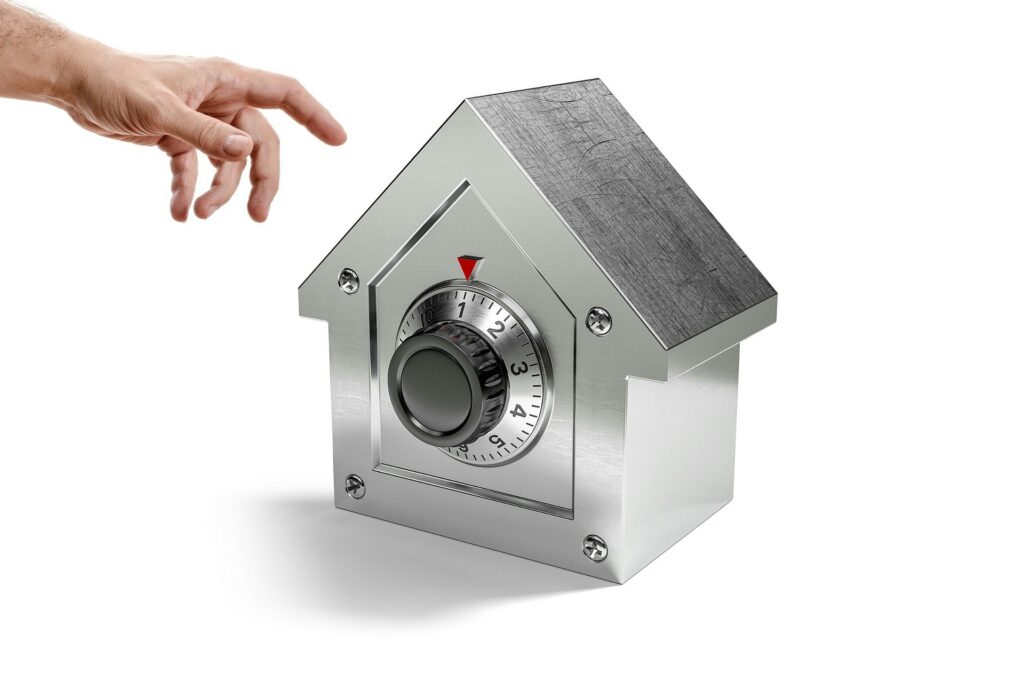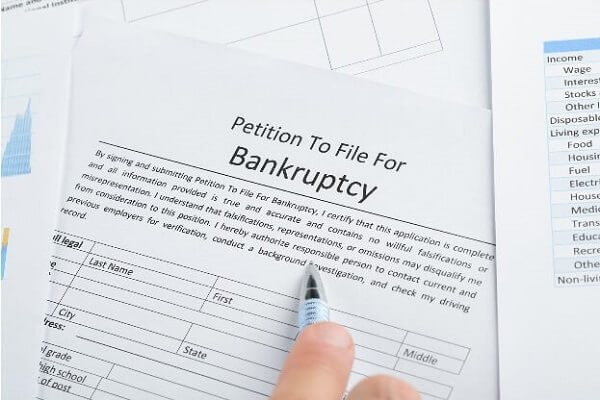How to Protect Your Assets From Chapter 7 Bankruptcy
Chapter 7 bankruptcy is a great option if you feel like you are drowning in debt. This type of bankruptcy is considered “consumer liquidation.” It eliminates many of your debts. However, there is a catch: you may have to liquidate some assets. Is it possible to protect your assets when filing for Chapter 7 bankruptcy?…
5 Reasons to Consider Filing for Bankruptcy
Anyone can file for bankruptcy, including business owners. Chapter 7 takes care of “unsecured” personal and business debt. Chapter 11 is for people and businesses who wish to remove debt without liquifying assets. Chapter 12 is specific to families who work in farming and fishing. Chapter 13 is for people not affiliated with a business….
5 Reasons You Should NOT Declare Bankruptcy
Bankruptcy is not for everyone. While it can change your financial situation and get you out of debt, it does come at a cost. Below, we will explore a few reasons why you should not declare bankruptcy. This will give you some things to consider before filing. 5 Reasons You Should NOT Declare Bankruptcy…
What to Expect at the Bankruptcy Meeting of Creditors
When going through a bankruptcy in the state of Washington, Section 341 of the Bankruptcy Code requires that you attend what is known as a Meeting of Creditors. We commonly refer to this as a “creditor’s meeting” or a “341 meeting.” Traditionally, these meetings are held in-person at locations based upon where the business or…
Why Does Gift or Loan Matter for Bankruptcy?
When people give each other money, we can consider it a gift or a loan. And if you are considering filing for bankruptcy now or in the near future, you must take any loans or gifts into consideration. Why? Because when the gift was given, and whether it properly qualifies as a gift or a…
What Bankruptcy Can and Cannot Do
Financial stresses are a fact of life for many people, so if you find yourself in this situation, you are certainly not alone. When life happens and finances tighten for whatever reason, you may find yourself unable to pay all of your monthly bills despite your best efforts to make ends meet. When the situation…
How Will Filing Bankruptcy Affect My Children?
The decision to file for bankruptcy is a momentous one. If you are considering seeking relief through bankruptcy, you have likely been experiencing stress for some time now. Constant hounding from creditors can sour even the most optimistic among us, and if it can do that to us, you might find yourself wondering if it’s…
Will Bankruptcy Get Rid of Lawsuit Judgments?
As you make your way through life learning to juggle many balls at once – family, work, play, money – sometimes you drop a ball. And when that ball is your financial health, if you are like most people, you will start looking for solutions as soon as you hear the thud. Solutions can come…
How Much Debt Do I Need to Have in Order to File Bankruptcy?
All of us go through financial highs and lows throughout our lifetime. But when a low financial period begins to take over your life, you may find yourself considering bankruptcy. When people consider this option, one of the first questions they ask themselves is, “How much debt do I have to be in before bankruptcy…
Bankruptcy Options for the Self-Employed
Pondering the possibility of filing bankruptcy is never a pleasant thing. If you are at the point of considering this, you’ve likely already gone through an extended period of financial turmoil. It is difficult to make wise decisions after enduring a stressful financial setback, and this is especially true if you own your own business…









